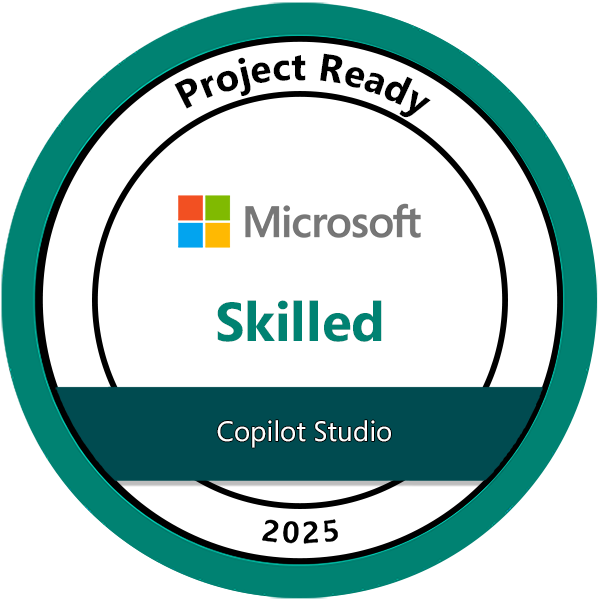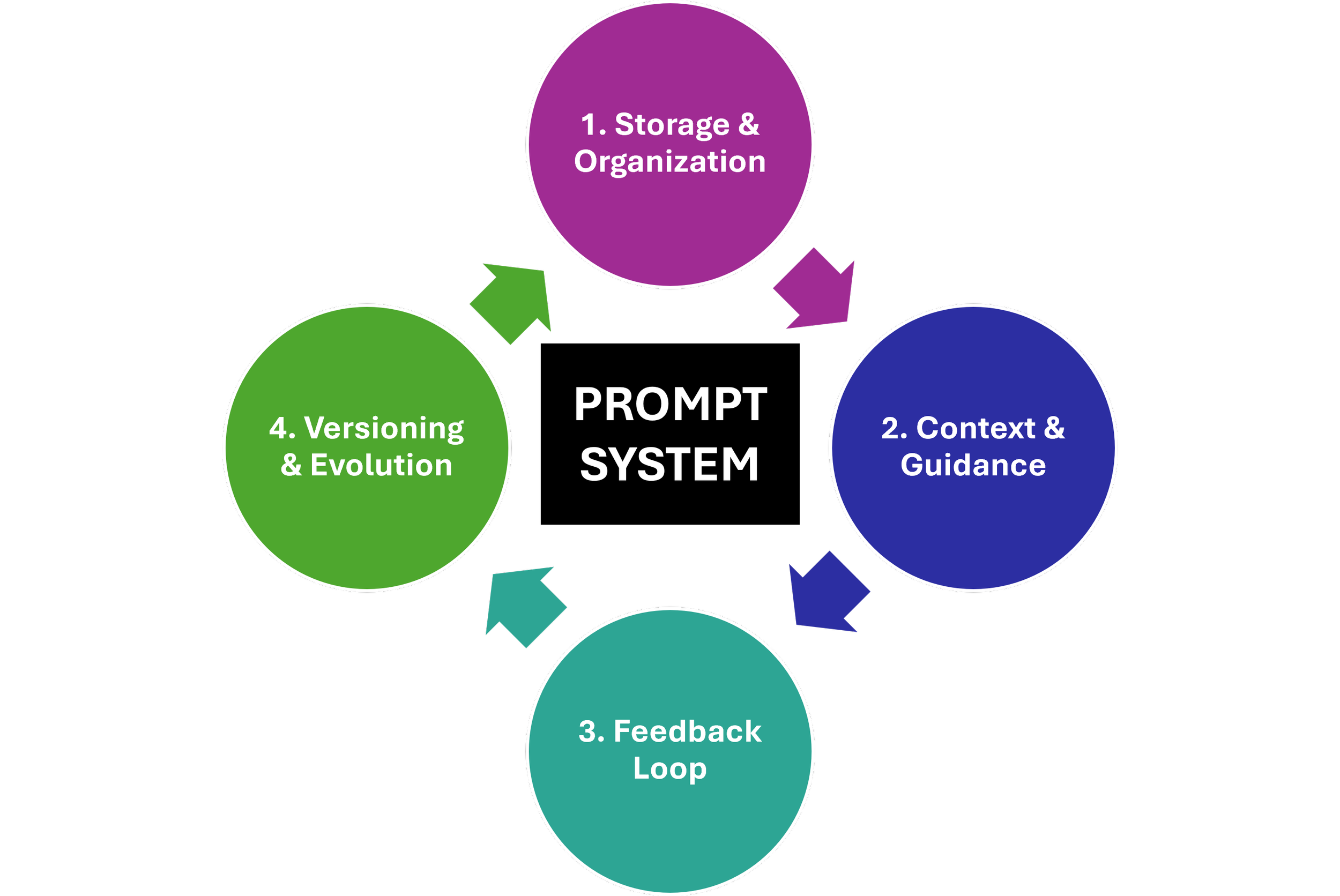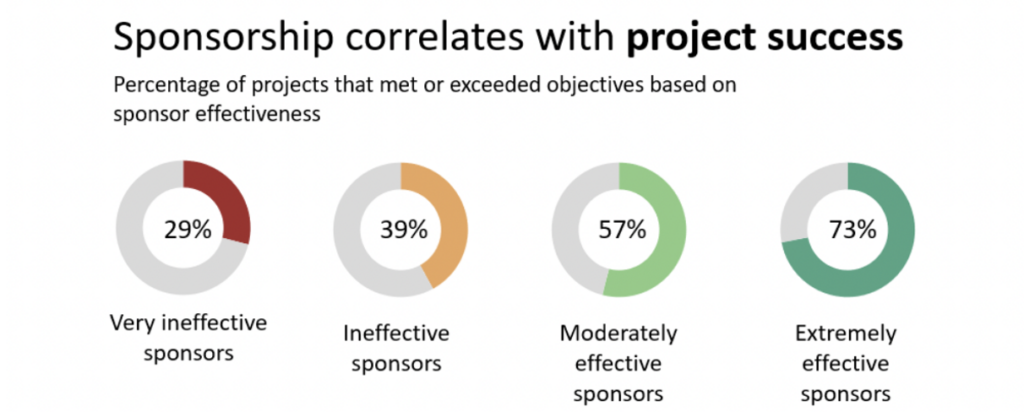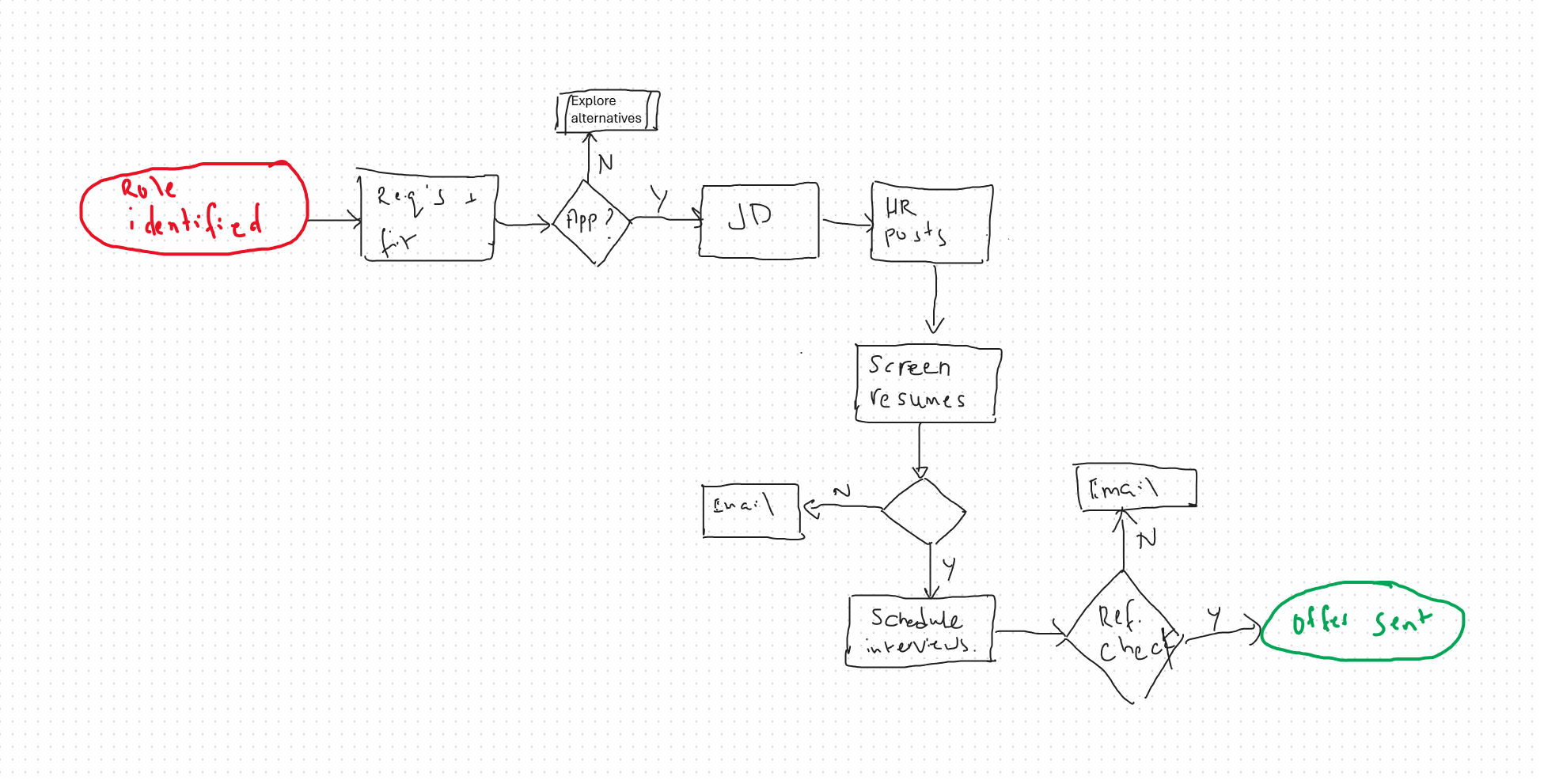Microsoft 365 and AI Guidance

I'm a systems engineer who learned design. Basically, I love solving the tough problems!
I started my career at Microsoft, and for 20+ years, I've been working in the Microsoft ecosystem—designing systems for collaboration, communication, and work. My focus now is where compliance meets AI, especially in government.
This site is where I reflect on what's working, what's not, and what's coming next.
Recognitions
I hold Microsoft certifications in AzureAI, Copilot Studio and Information Security—the technical foundation for helping organizations navigate AI adoption while maintaining compliance and security standards.

Information Security Administrator

Project Ready: Copilot Studio

Azure AI Fundamentals
Featured Articles
Writings on AI, Microsoft 365 and more.
Tips for getting better results with Microsoft Copilot and building a prompting system that evolves and grows sustainably over time.
Some change management is better than none.
A simple design approach for starting with sensitivity labels in Microsoft Purview, which are a critical layer of security in Microsoft 365. They don’t need to be complicated!
The real work of building AI Agents is in the planning. I recommend becoming a business analyst of your own work—not to give it all away to AI, but to figure out where you want it to focus.
Passive AI consumption isn't learning. This post explores how to create the right conditions to actually master new skills.
If your note-taking system feels like work, you won't use it. I finally found a tool I actually enjoy using and feel confident I can find anything again.
Instead of building an entire AI agent org chart, start with one annoying process. Here's my framework for deciding what to automate.
A fictional detective reminded me how to build great teams: given direction, clear expectations, and encouragement, people could flourish. It's not about finding the best people—it's about creating the conditions where good people become great.
Learning to swim as an adult taught me something unexpected about the future of corporate training. After struggling through fear, frustration, and countless failed attempts, I realized what no AI could have given me, and what many organizations are missing in their approach to employee development.








